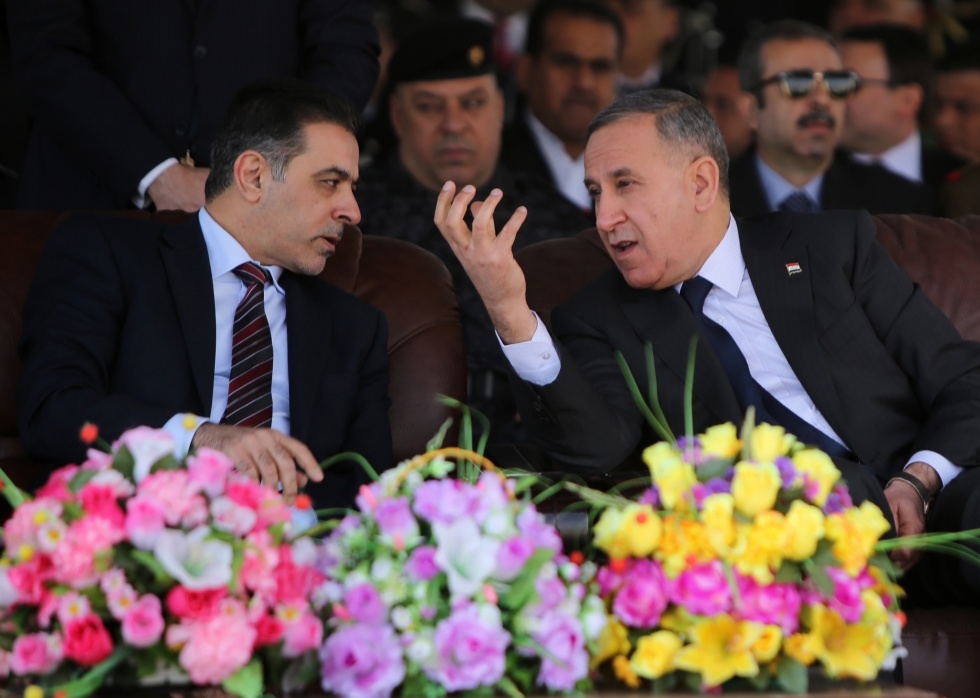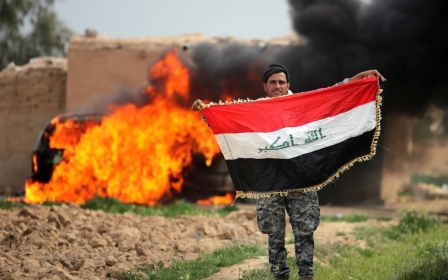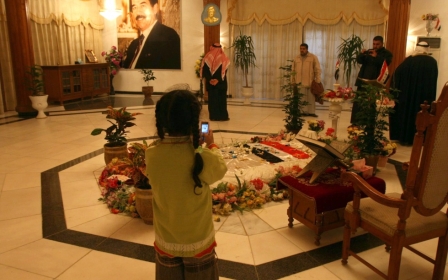Iraq halts Tikrit operation to limit losses of 'heroic forces'

Iraqi forces have halted a massive operation to retake the city of Tikrit from the Islamic State (IS) group to avoid casualties among pro-government forces and protect infrastructure, Interior Minister Mohammed Ghabban said Monday.
While Ghabban is responsible for his ministry's forces, he is not the overall commander of the operation, and the Shiite militias and other Iraqi army forces involved could have other plans.
"What remains today is a very small part and it is the centre of the city of Tikrit," Ghabban said at a news conference in Samarra, north of Baghdad.
"We stopped first of all to limit losses in the ranks of our heroic forces," and secondly to protect infrastructure in the city, he said.
Ghabban's assertion that most of the city has been retaken is also called into question by the fact that pro-government militias were still fighting to retake the Qadisiyah area in north Tikrit at the weekend.
IS, which overran large areas north and west of Baghdad last year, has littered Tikrit with bombs, rigged houses with explosives and built other defences such as trenches and dirt barriers, officers say.
Lines in the two-week-old Tikrit operation have been static for days and commanders in the army as well as allied paramilitaries repeatedly said after retaking outlying areas that they were stopping short of launching a final assault on the city centre.
Iraqi forces have thrice tried and failed to retake Tikrit - executed president Saddam Hussein's hometown and the capital of Salaheddin province - from IS.
Staff Lieutenant General Abdulwahab al-Saadi, the head of the military command responsible for Salaheddin, told AFP on Sunday that Iraqi forces in Tikrit need air strikes by US-led coalition forces.
Saadi said that he asked the defence ministry to make the request to the coalition, but that "no air support" from foreign allies - a potential game-changer in the Tikrit deadlock - had yet been provided.
Middle East Eye propose une couverture et une analyse indépendantes et incomparables du Moyen-Orient, de l’Afrique du Nord et d’autres régions du monde. Pour en savoir plus sur la reprise de ce contenu et les frais qui s’appliquent, veuillez remplir ce formulaire [en anglais]. Pour en savoir plus sur MEE, cliquez ici [en anglais].




